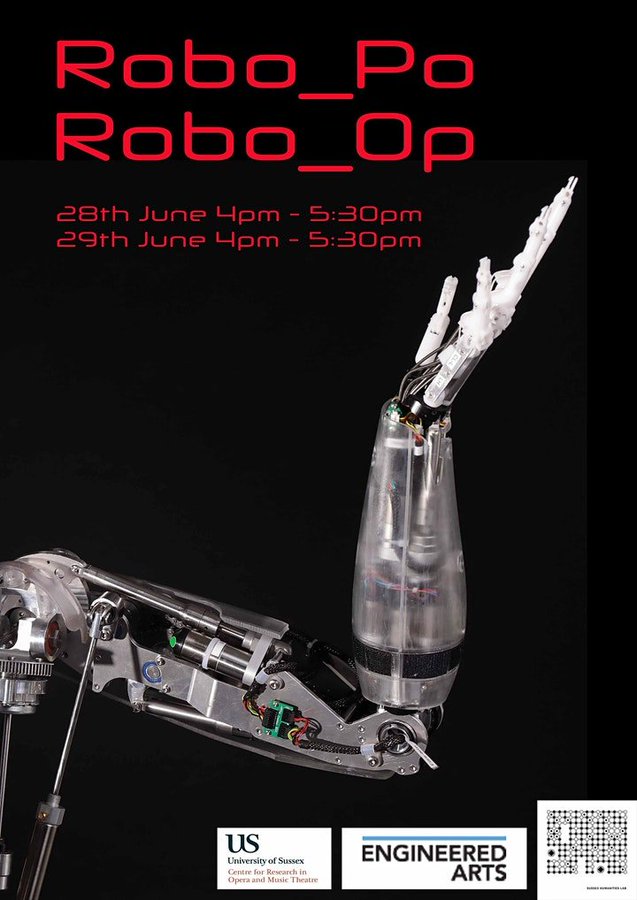Two science fictiony CfPs: a conference (which I am pretending to co-organise) and an edited collection (no special Lab connection, but looks interesting) — Jo
CfP: Productive Futures
Bloomsbury, London, 12-14 September 2019
Keynote speakers: Dr Caroline Edwards, Dr Joan Haran
Guests of honour: Aliette de Bodard, Zen Cho, Tade Thompson
The history of science fiction (SF) is a history of unreal economics: from asteroid mining to interstellar trade, from the sex-work of replicants to the domestic labour of the housewives of galactic suburbia, from the abolition of money and property to techno-capitalist tragedies of the near future. Read the full CfP.
LSFRC invites abstracts of 300 words, plus 50 word bios, addressing economic themes in SF, and/or exploring how SF can help to widen and evolve our sense of the economic. We encourage submissions from collaborators across disciplines and/or institutions. Please submit to lsfrcmail@gmail.com by 31st May 2019.
CfP: Technologies of Feminist Speculative Fiction
Edited by Sherryl Vint and Sümeyra Buran
In 1985, Donna Haraway’s massively influential “Cyborg Manifesto” reoriented feminist thought in her call for women to engage with science and technology, to recognize in them and the new worlds they might make new resources for female emancipation and feminist critique. Now, over thirty year later, technology has remade much of the social world, from communications to reproduction to work. Our anthology seeks to bring together cutting-edge scholarship on the contemporary status of feminism and technology, as reflected in speculative fiction. We invite papers for an edited collection on intersections between contemporary technology and both feminist and queer readings of speculative fiction.
We are interested in both works that imagine the future of sexuality and gender in which biological reproduction is policed or controlled as a technology of social reproduction, and those that imagine futures in which women’s bodies are changed or controlled via new biotechnologies. We are interested in articles that explore anxieties about changing demographics, changing gender roles, or the placidity of the body from feminist and queer points of view. Although the examples listed below emphasize print texts, we are open to papers addressing works from any medium. Similarly, our examples focus on recently published work, reflecting our view that this topic is of substantial interest to contemporary writers, but we are open to proposals that address similar themes in earlier texts.
Possible topics include but are not limited to:
- Works about how fertility is imagined as a scarce resource in dystopian futures premised on massive sterility and the oppressive control of reproductive women, such as Hulu’s adaptation of The Handmaid’s Tale, Leni Zumas’s Red Clocks, Meg Ellison’s The Book of the Unnamed Midwife, Sarah Hall’s Daughters of the North or Carrie Vaughn’s Bannerless.
- Explorations of dystopian texts which project futures of authoritarian policing of gender and sexuality, that is, compulsory heterosexuality imagined as a police state, such as Maggie Chen’s An Excess Male, Johanna Sinisalo’s The Core of the Sun, Jenna Glass’s The Women’s Waror Sarah Hall’s The Carhullan Army.
- Speculations about the future of assisted reproductive technologies such as cloning, IVF, parthenogenic reproduction, inter-species reproduction, ectogenesis, or machine reproduction, such as Carola Dibbell’s The Only Ones, Mur Lafferty’sSix Wakes, Anne Charnock’s Dreams Before the Start of Time, Jane Roger’s The Testament of Jessie Lamb, Louise O’Neill’s Only Ever Yoursor Ann Leckie’s Ancillary Justice.
- Works that explore how gender relations are manipulated and/or changed by a changing environment, whether this be new technologies used to control women, as in Christina Dalcher’s Vox, new developments in human morphology, as in Naomi Alderson’s The Power, or gendered experiences of artificial beings, as in Louisa Hall’s Speak.
Please send paper proposals of 500 words to Sümeyra Buran by June 15, 2019. Proposals will be reviewed and full papers invited by August 1, 2019.


